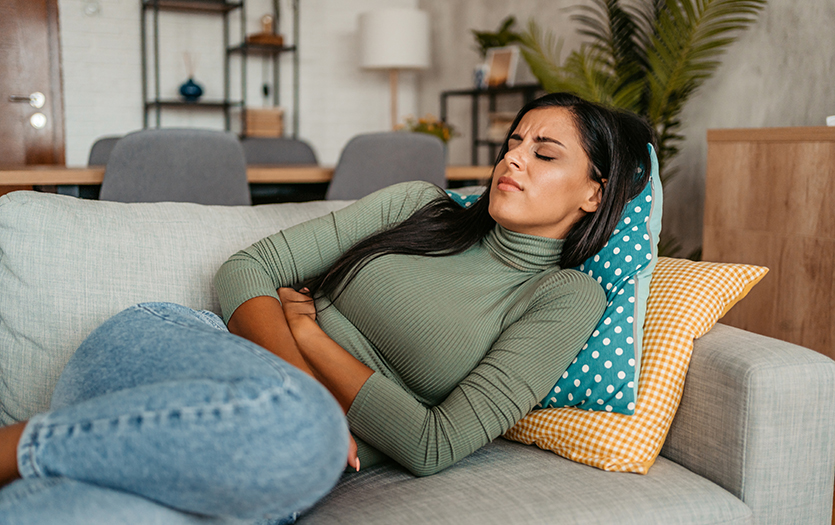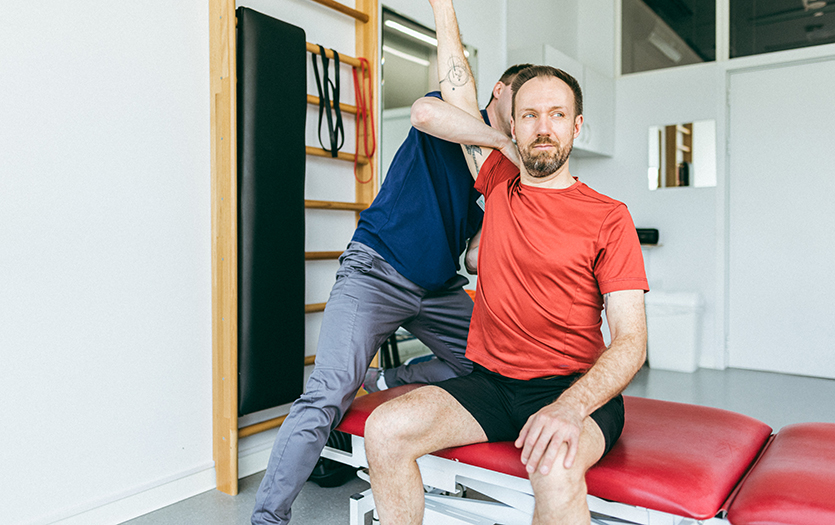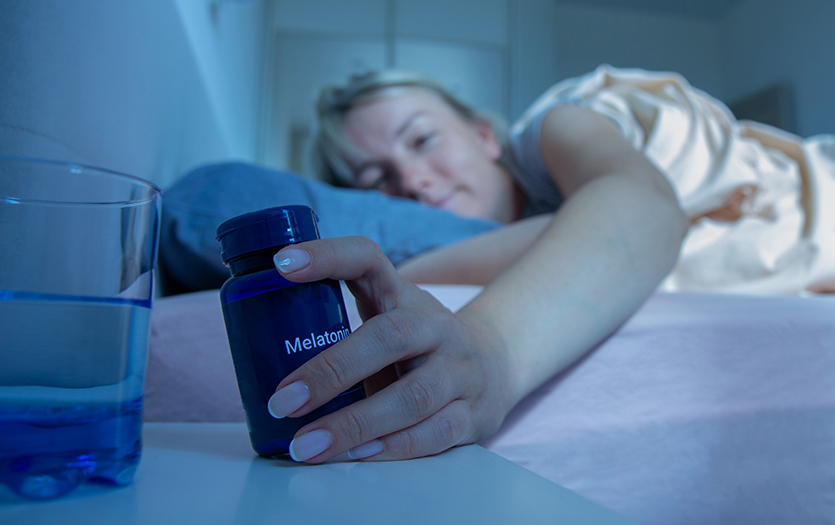
Appendicitis happens when the appendix, a small finger-shaped sac that is attached to the large intestine, becomes infected and inflamed, causing serious stomach pain. If the infection becomes severe, the wall of the appendix can break open or rupture. This spreads infection into the stomach area, causing a serious condition that needs medical treatment right away. Knowing how to care for yourself if you develop appendicitis, as well as when to seek medical care, is critical to ensuring you heal properly.
What causes appendicitis?
Appendicitis is most common in people between the ages of 10 and 30, although it can occur at any age. It's often not clear why someone gets appendicitis, but in some cases, it can be caused by a hard piece of stool blocking the opening to the appendix. This causes bacteria to grow, which can lead to an infection.
What are the symptoms of appendicitis?
The main symptom of appendicitis is stomach pain, which can be felt in different parts of your stomach or even your side or back. Many people feel the first pain near their belly button, with it then moving to the lower right side of the stomach.
Common symptoms of appendicitis include:
- Pain in the stomach, which may begin around the belly button
- Pain in the stomach that gets stronger and moves below the belly button to the lower right side
- Pain that does not go away and gets worse when you move, walk or cough
- Nausea, vomiting and not wanting to eat
- Constipation, back pain and fever
- Feeling sick
- Having stomach pain that is hard to describe
In some cases, appendicitis doesn't cause any symptoms except for stomach pain. The pain in your stomach may be different than any pain you have had before. Sometimes, the only symptom is that you feel sick.
How is appendicitis diagnosed?
If you’re experiencing moderate stomach pain that does not go away after four hours, or severe stomach pain, it’s time to call your provider.
He or she will do a physical exam and ask you questions about the symptoms you have, when they started and what was happening before the pain began. Because appendicitis can be hard to diagnose, you also may have blood and urine tests to look for signs of infection. In some cases, you may need a CT scan or an ultrasound of your abdomen.
If the pain or symptoms are severe, go to the Emergency Room for care.
How to care for yourself if you have appendicitis
If your provider suspects that you most likely have appendicitis, it’s important to follow their instructions, which may include:
- Not eating or drinking anything, as it’s best to have an empty stomach in case you need surgery.
- Not taking laxatives, as they could make your appendix burst.
- Taking medications per your provider’s instructions.
If you are on antibiotics for appendicitis, be sure to take them as directed. You’ll want to read and follow all instructions on the label and take the full course of the antibiotics even if you start to feel better. It’s also advised that you:
- Ask your provider about prescription or over-the-counter pain medications you can take.
- Talk to your provider if you’re having trouble with bowel movements.
- Get plenty of rest to help your body recover.
- Limit physical activities other than your daily self-care tasks.
- Eat and drink according to your doctor’s instructions.
When to seek immediate care
Anytime you think you may need emergency care, call 911 immediately. For any of the following symptoms, you should seek immediate medical care:
- New or worse stomach pain on your lower right side
- Nausea, causing a loss of appetite
- Vomiting
- Fever
- Failure to pass stools or gas
- Worsening symptoms or not getting better as expected
It’s always important to pay attention to your body and watch closely for changes in your health. Appendicitis is a serious medical condition — so it’s critical that you contact your doctor right away if you suspect you may have it.
Copyrighted material adapted with permission from Healthwise, Incorporated. This information does not replace the advice of a doctor.




